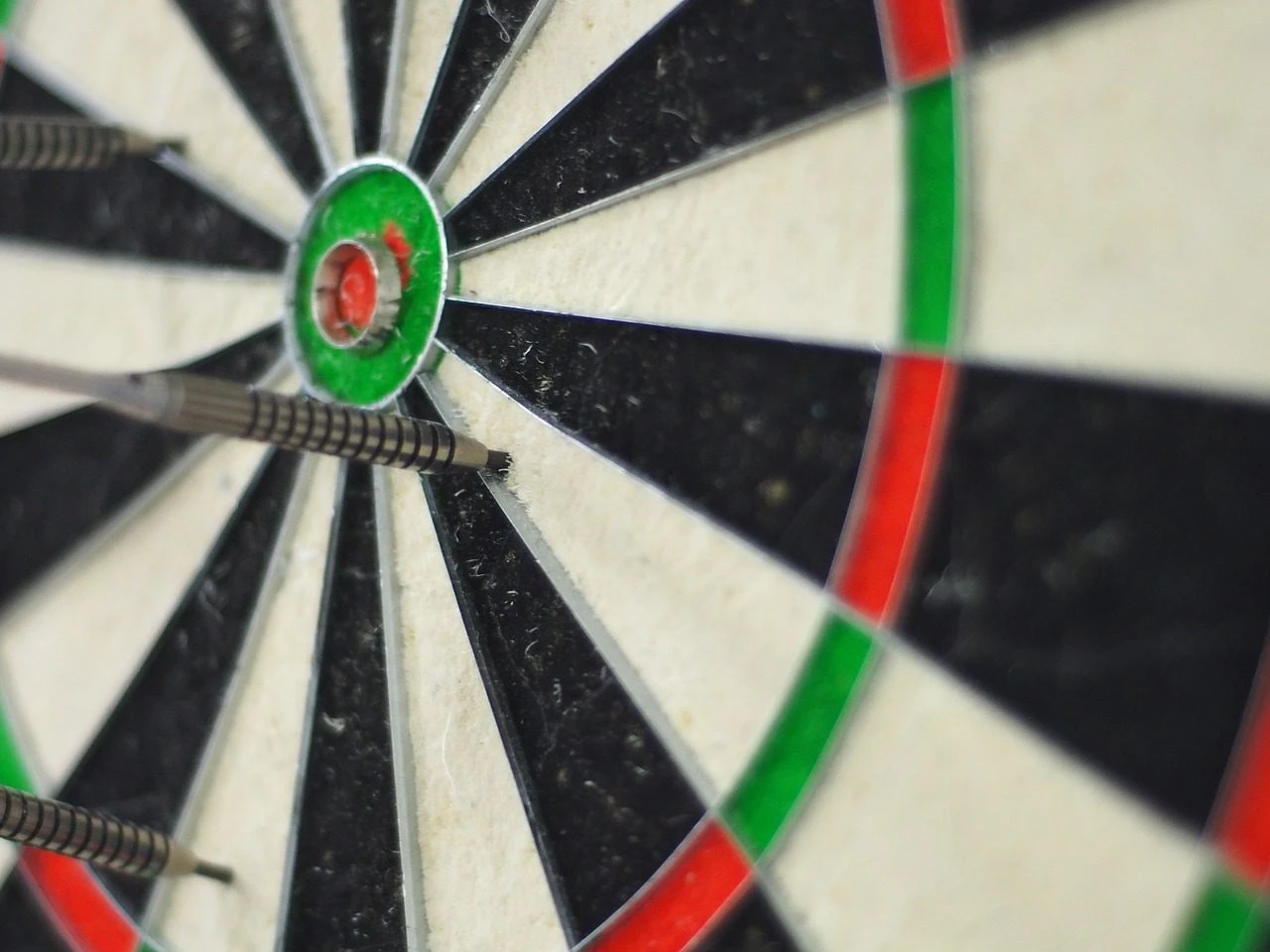Kyle McKinstry faces 8-year professional darts ban for match fixing

McKinstry lost the match 5-0 against David Evans, and the International Betting Integrity Association (IBIA) informed the DRA on 1 May of suspicious betting on the match, which was part of the Modus A Night at the Darts series.
On 2 May, the IBIA reported further suspicious betting activity on another match against Wessel Nijman, which took place on 2 May. The DRA subsequently launched an investigation, working closely with Sportradar Integrity Services, the Gambling Commission’s Sports Betting Intelligence Unit, Malta Gaming Authority, Gibraltar Gambling Regulator, and betting operators.
On 17 October, at a hearing of the DRA Disciplinary Committee, McKinstry admitted fixing his match with David Evans but denied fixing an aspect of his match with Wessel Nijman. He was also accused of failing to cooperate with the investigation by not producing his itemised phone bill as required.
The committee found all three of the charges against him to be proven.
Yesterday (25 November), the committee released its decision on sanctions in the case, which consist of a 6.5 year ban for fixing two matches in the Modus events, and a further 18-month ban for failing to provide his itemised phone bill to the DRA.
McKinstry is therefore suspended for a total of eight years from 18 August 2020, until midnight on 17 August 2028. He was also ordered to pay costs of £4,730.64.
DRA chairman, Nigel Mawer, said: “This shows that any player found guilty of match fixing at any level of the sport will be caught and will face a lengthy ban. The specific suspension for failing to produce itemised phone billing is welcomed, as the requirement for co-operation from players is an important part of any DRA investigation.”
On opening an investigation, the DRA may require access to all records relating to an alleged breach. This includes, but is not limited to, betting accounts, bank records, telephone records, internet service records, social media accounts, email and other records stored on phones, tablets, electronic devices, computer hard drives or otherwise.
Both McKinstry and Wessel Nijman were suspended in August by the DRA, which noted that there was no suggestion David Evans was involved in any way with the rules breaches.
